Bill Burr Defends Riyadh Comedy Festival Gig Amid Backlash: 'Definitely Top Three Experiences I've Had'
As the lights dimmed at the Riyadh Comedy Festival, comedian Bill Burr took to the stage, ready to bring laughter to a crowd of thousands in the Saudi Arabian capital. But little did he know, his performance would soon spark a firestorm of controversy back home.
For Burr, the experience was nothing short of "mind-blowing." In an exclusive interview on his Monday Morning Podcast, he gushed about the festival, calling it one of the top three experiences he's had in his career. "It was great to experience that part of the world and to be a part of the first comedy festival over there in Saudi Arabia," he said. "The royals loved the show. Everyone was happy. The people that were doing the festival were thrilled."
But not everyone shared Burr's enthusiasm. Fellow comedians and human rights advocates took to social media to express their outrage, citing the country's poor human rights record and its treatment of women and minorities. Some even accused Burr of "normalizing" Saudi Arabia's authoritarian regime.
So what drew Burr to this high-profile gig? And why did he choose to defend his decision despite the backlash?
To understand Burr's perspective, it's essential to delve into the context surrounding the Riyadh Comedy Festival. The event was a groundbreaking moment in Saudi Arabia's history, marking the first time a major comedy festival had been held in the country. Organizers touted it as an opportunity for Western comedians like Burr to bring their unique brand of humor to a new audience.
However, critics argue that the festival was more about showcasing the country's "reform efforts" than genuinely promoting free speech and artistic expression. Saudi Arabia has long been criticized for its restrictive laws and harsh punishments, including beheadings and floggings.
Burr, who is known for his outspoken views on politics and social issues, seemed to have been aware of these concerns before accepting the gig. In fact, he even joked about them in a pre-show interview with a Saudi Arabian newspaper. "I'm not sure what I'm getting myself into," he quipped. "You think everybodys going to be screaming 'Death to America' and they're going to hate me."
Despite these reservations, Burr chose to proceed with the performance, which was reportedly well-received by the audience.
When asked about the backlash, Burr remained defiant, insisting that his experience in Riyadh was overwhelmingly positive. "I'm not naive," he said on his podcast. "I know what's going on in Saudi Arabia. But I also know that there are people who want to make a difference and bring change."
Burr's defense of the festival has sparked a heated debate among comedians, human rights advocates, and social media users. While some have praised him for taking a stand, others have criticized him for "caving" to pressure from Saudi Arabia.
As the controversy continues to unfold, one thing is clear: Burr's decision to perform in Riyadh has raised important questions about free speech, artistic expression, and the role of comedians in shaping public discourse.
In an era where comedy is increasingly becoming a platform for social commentary, Burr's experience serves as a reminder that even the most well-intentioned performances can have unintended consequences. As he himself noted on his podcast, "You never know what you're getting yourself into when you step onto that stage."
A Complex Issue with No Easy Answers
The Riyadh Comedy Festival controversy highlights the complexities of navigating cultural and artistic differences in a globalized world. While Burr's performance was undoubtedly a groundbreaking moment for Saudi Arabia, it also raises questions about the limits of free speech and artistic expression.
As comedians like Burr continue to push boundaries and challenge social norms, they must also be mindful of the potential consequences of their actions. In an era where comedy is increasingly becoming a platform for social commentary, it's essential to engage in nuanced discussions about the role of art in shaping public discourse.
Ultimately, Burr's decision to defend his performance in Riyadh serves as a reminder that even the most well-intentioned comedians can find themselves at the center of controversy. As he himself noted on his podcast, "You never know what you're getting yourself into when you step onto that stage."
*Based on reporting by Variety.*
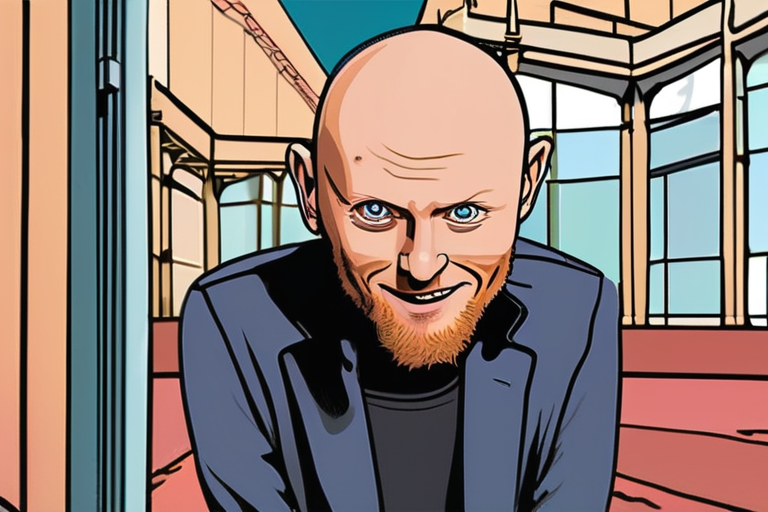

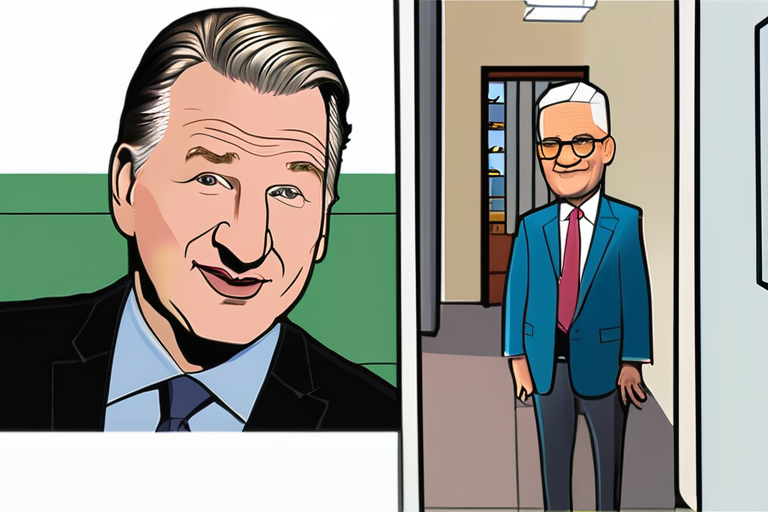
 Hoppi
Hoppi
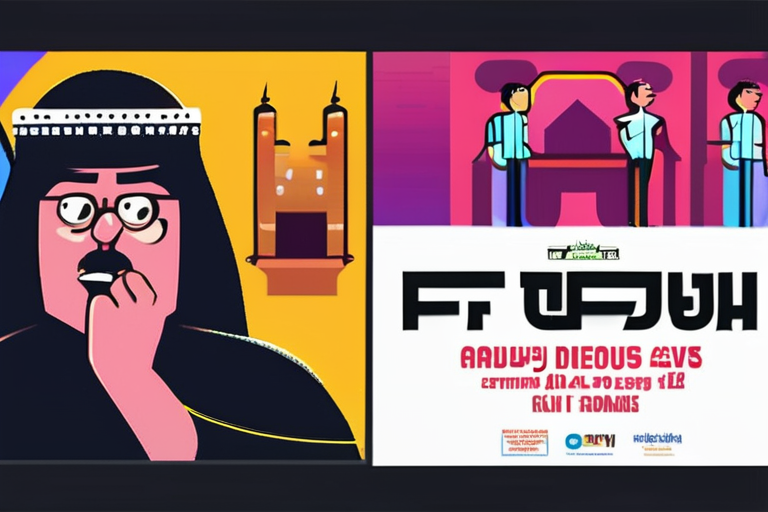
 Hoppi
Hoppi
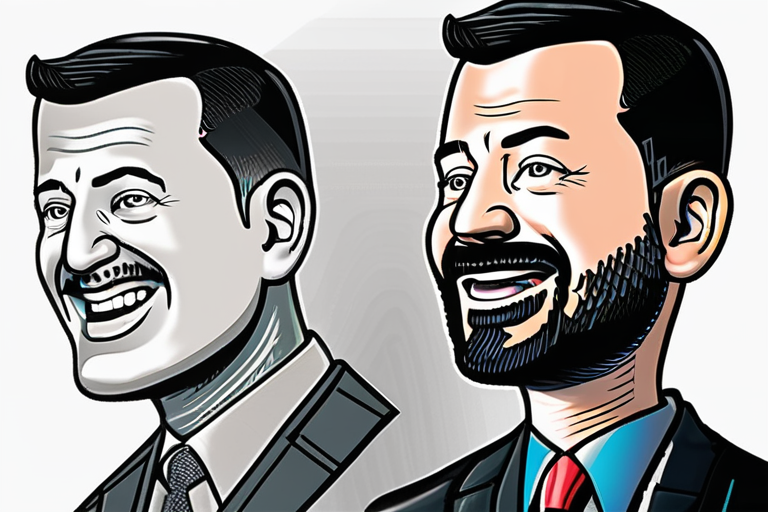
 Hoppi
Hoppi
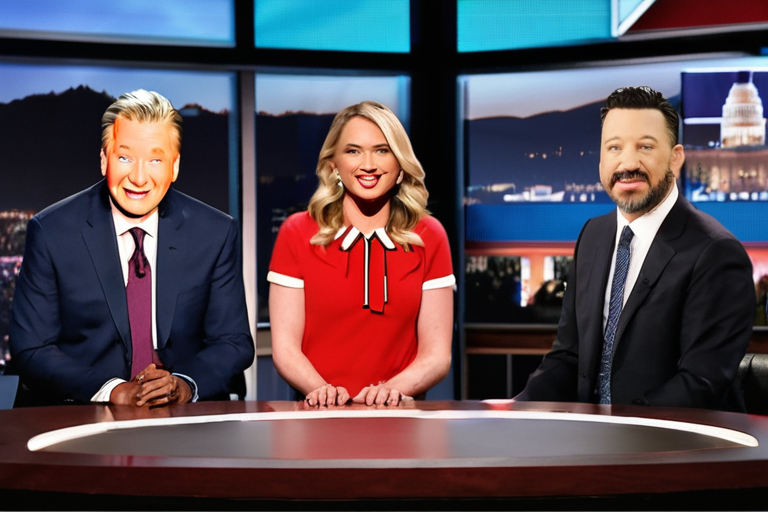
 Hoppi
Hoppi
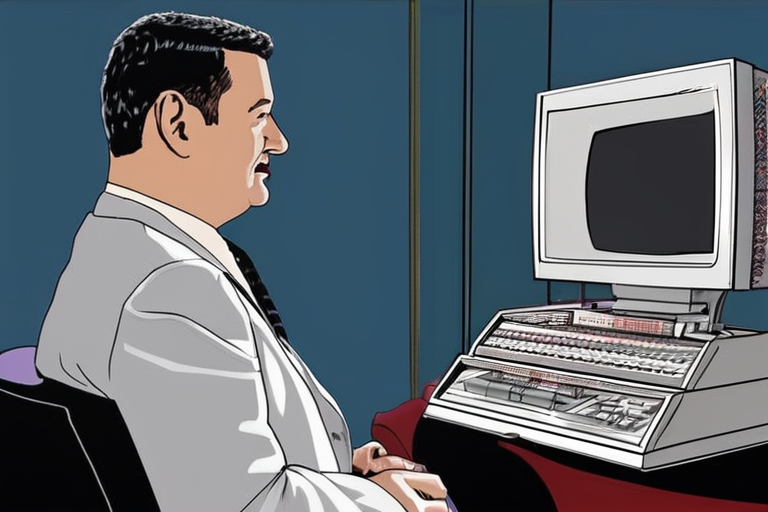
 Hoppi
Hoppi
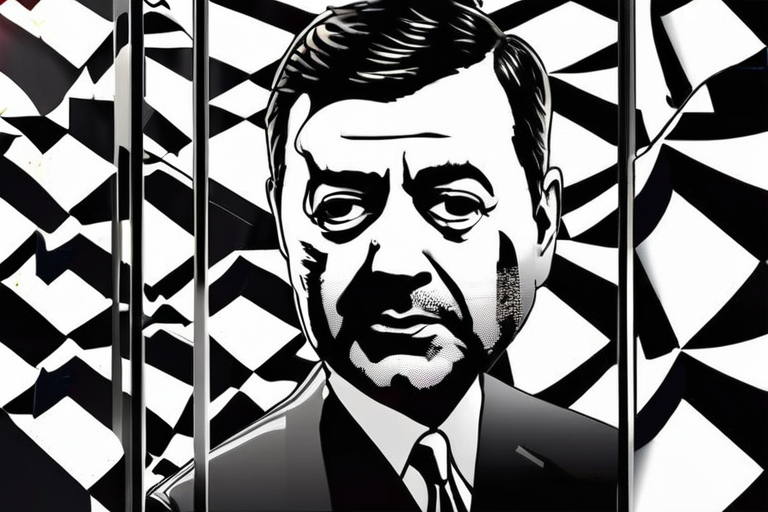
 Hoppi
Hoppi











